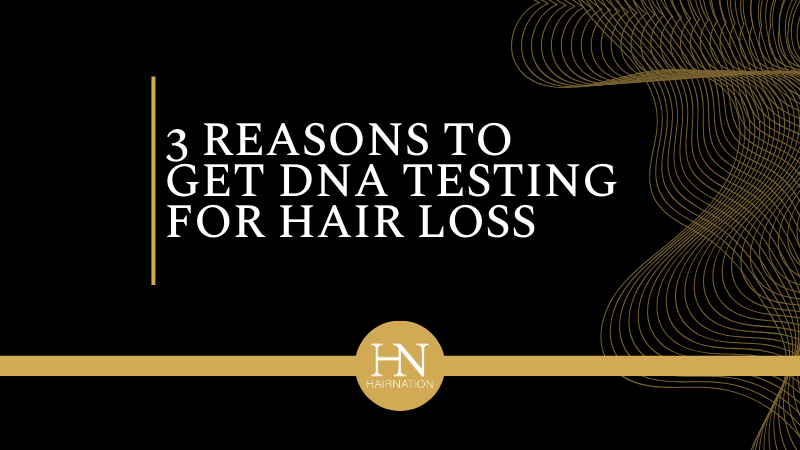- About
- Causes
- Procedures
- Treatments
- Before/Afters
- Pricing
- Transplant Financing
- FREE Consult
- Search Site

The blog discusses the benefits of DNA testing for individuals experiencing hair loss, highlighting it as a valuable tool for understanding the genetic factors contributing to the condition. It emphasizes three main advantages: identifying the root cause of hair loss through genetic markers, enabling personalized treatment plans tailored to one's unique genetic profile, and providing a sense of empowerment by offering insights into one's health. DNA testing is portrayed as a method that shifts the approach from a trial-and-error strategy to a more informed, efficient, and personalized plan. It encourages individuals to consider DNA testing as a proactive step in managing hair loss, suggesting that such an approach can lead to more effective treatments and a deeper understanding of their condition.
Hair loss can be an emotionally charged experience, affecting not just our appearance but how we perceive ourselves and how we believe others perceive us. For many, it's not merely a cosmetic issue but a deeply personal one, intertwined with identity and self-esteem. While there are numerous remedies and treatments available, ranging from over-the-counter solutions to more drastic measures like hair transplants, one method that is gaining attention is DNA testing. But why consider DNA testing for something like hair loss? Let's explore.
DNA testing for hair loss involves analyzing your genetic makeup to identify specific markers associated with hair loss. This can provide insights into whether your hair loss is due to genetic factors.
DNA testing delves deep into your genetics to pinpoint specific markers linked to hair loss, offering a clear understanding of whether your condition is hereditary and what factors are contributing to it.
Yes, with the detailed genetic information from DNA testing, healthcare providers can recommend personalized treatment strategies tailored to your genetic predisposition, improving the effectiveness of the treatment.
Hair loss is not something you have to accept. Effective and lasting solutions for hair loss for men and women are available. Through a comprehensive consultation, HairNation delivers accurate and insightful diagnosis and advanced hair restoration treatment strategies to guide you on your journey to complete and transformative hair restoration.
Contact us today by filling out the contact form below or by calling us at 1 (587) 952-8844. Complimentary virtual consultations are available for those inquiring about hair transplants, and for all other hair loss inquiries, complimentary in-person consultations are available.